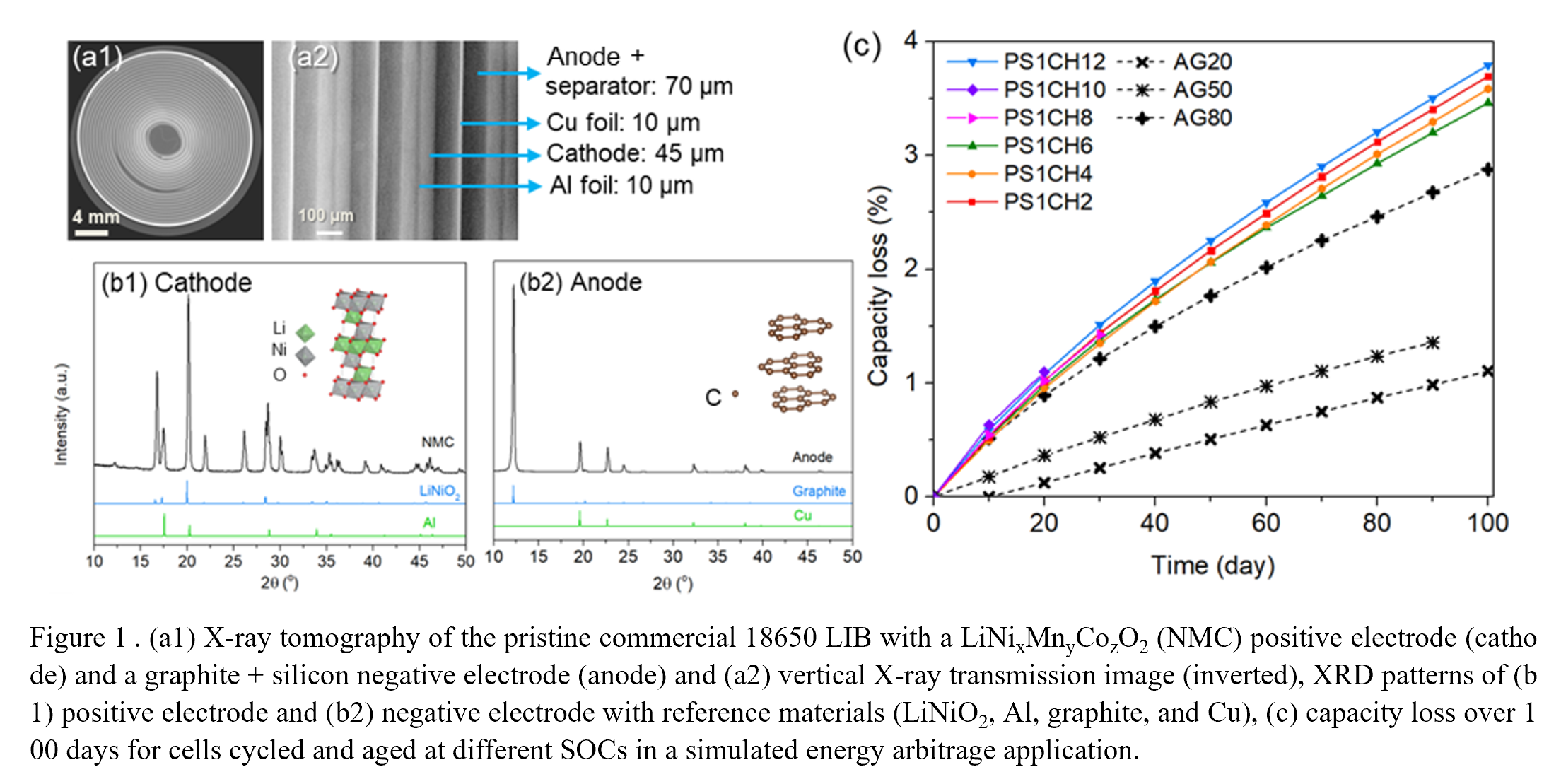2024 AIChE Annual Meeting
(230g) Durational Testing of Lithium-Ion Battery Cells Using Grid-Informed Duty Cycles
Authors
Jaesung Kim - Presenter, The Ohio State University
Dongwei Zhao, Argonne national laboratory
Audun Botterud, Massachusetts Institute of Technology
Electrochemical energy storage is anticipated to play an important role in the decarbonization of by facilitating the deployment of variable renewable energy sources, and improving the efficiency, flexibility, and resilience of existing electrical infrastructure. Dominant in portable electronics and emerging in transportation, lithium-ion batteries (LIBs) represent the current state-of-the-art in energy storage due to their favorable combination of energy density, efficiency, and cost. Accordingly, LIBs are also being considered for stationary applications where they may support a range of grid needs. However, there is limited knowledge, at least in the open literature, of how duty cycles characteristic of different grid services impact the performance and lifetime of today’s LIB systems. To this end, we are developing battery testing protocols informed by different end-uses (e.g., energy arbitrage, frequency regulation) and employing these routines to evaluate the durational performance of commercial LIB cells. We anticipate these studies will offer insights into the suitability of different battery chemistries for particular services, will facilitate improved representations of LIBs in grid models, and will aid in the identification and mitigation of degradation mechanisms within LIBs.
In this presentation, we will discuss our recent work on the performance and durability of different commercial 18650 LIBs as a function of both calendar aging at different states-of-charges (SOCs) and duty cycles characteristic of an energy arbitrage use-case. We find that battery performance is sensitive to cycling and to resting at high SOCs but, appears largely insensitive to charging rates (C/3 to C/20), at least for the chemistries considered (Figure 1).
